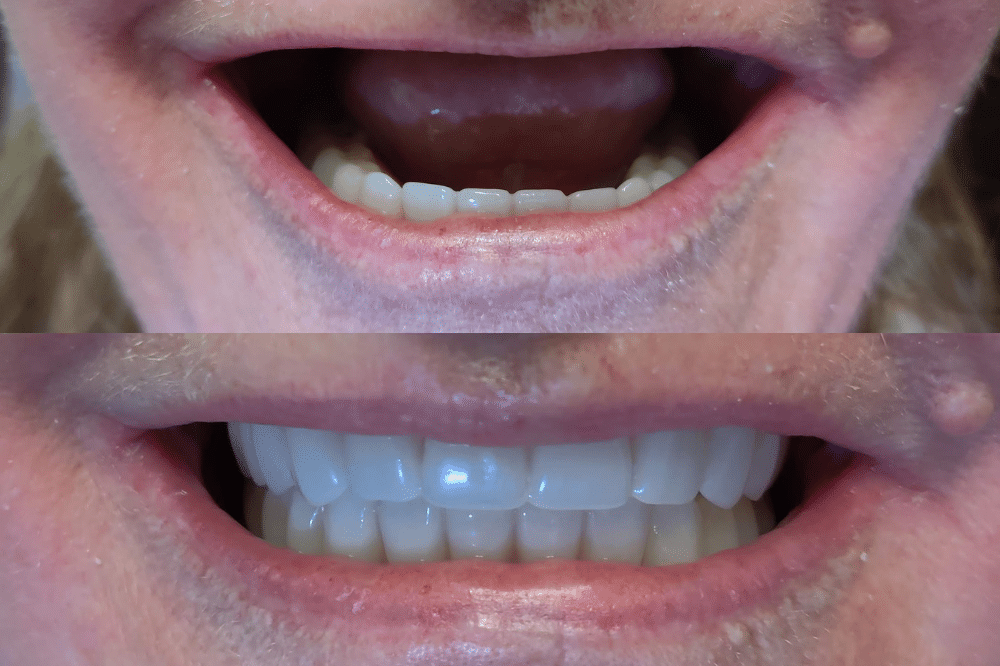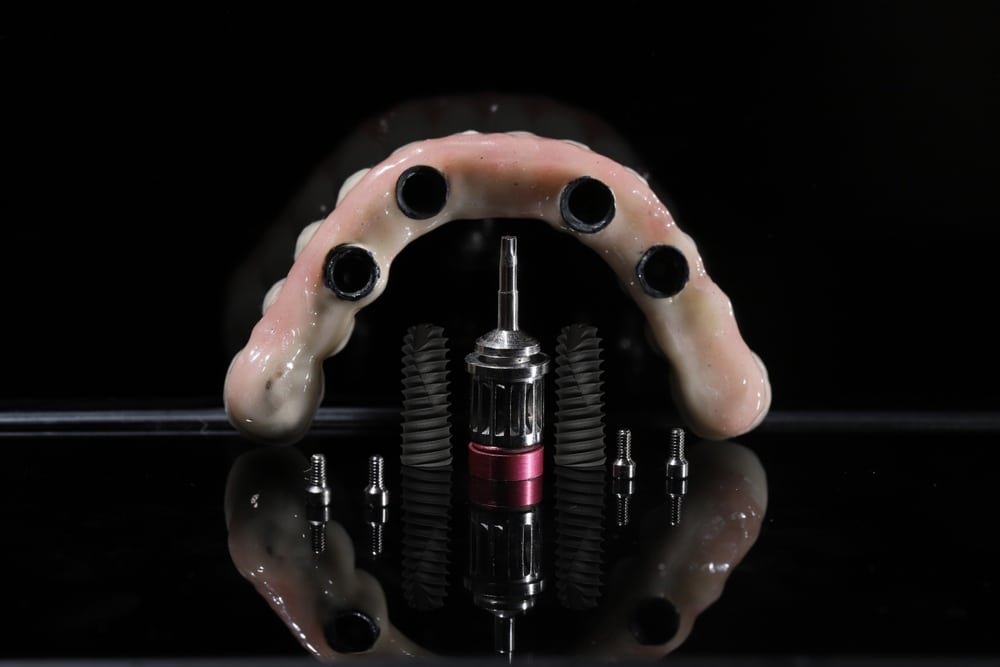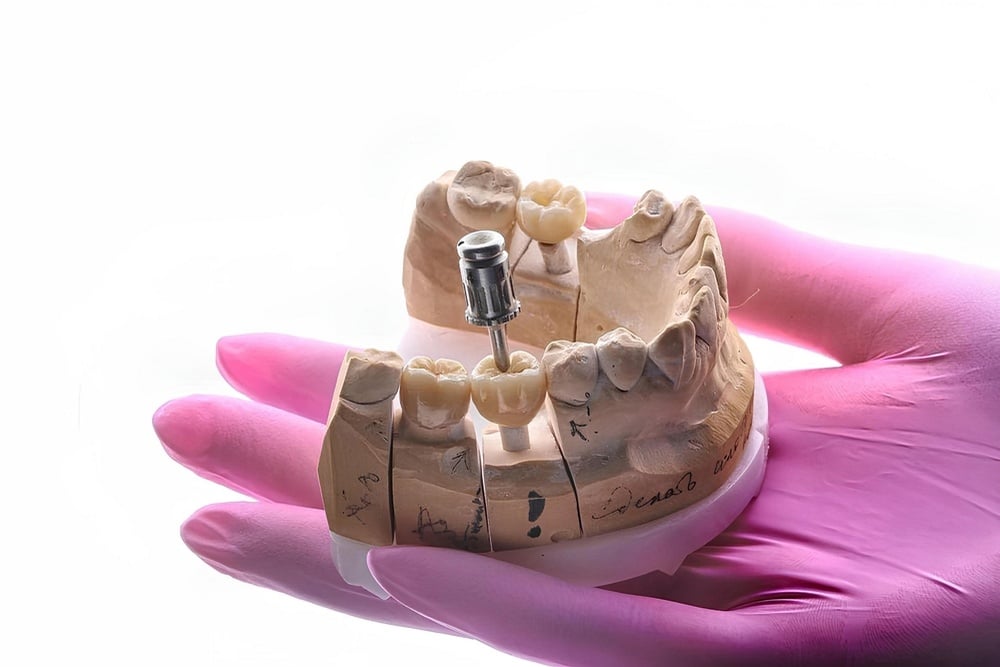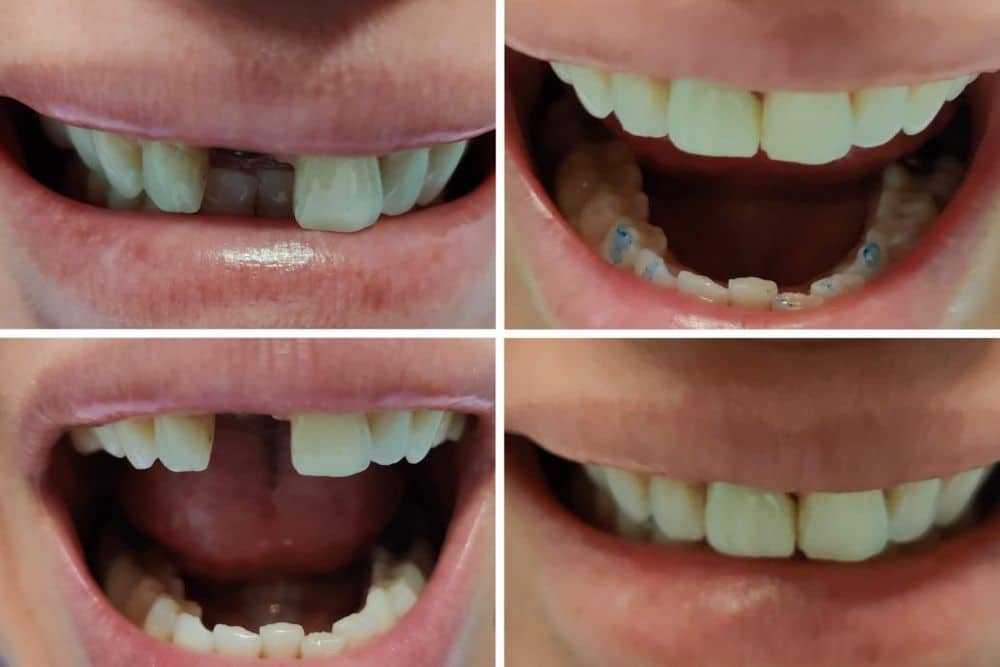Do you have a root canal coming up, or believe you may need one? If so, you’re likely wondering, “does a root canal hurt?” Your anxiety probably comes from horror stories your parents told you about a root canal they had when they were younger. Thankfully, root canal procedures have improved a lot recently, so we’ll put your mind to ease by going over how they work and what to expect.
Is The Procedure Painful?
You’ll be relieved to know that root canal procedures typically include a local anesthetic to help numb the area and relieve pain. The horror stories and overdramatic representations most likely come from people’s experiences in the past, before we had the dental technology that we have today. Thanks to technological advances, the discomfort levels of root canals are quite similar to getting a cavity filled, aside from the fact that it takes a little longer. Since most people fear the unknown, we’ll help calm your worries by explaining how the procedure works!
The Root Canal Procedure
Root canals are required when a patient has severe tooth decay and infected tooth pulp. In most cases, your appointment should only take between 30 minutes to an hour. Here are the common steps:
- Step 1: Your dentist uses local anesthesia or applies a numbing cream to your gums. This allows the root canal to be virtually pain-free.
- Step 2: When the anesthesia/numbing cream begins working, they’ll isolate the affected tooth.
- Step 3: The dentist will drill a tiny hole in the tooth to access the pulp. They will then remove the infected tissue, pulp, and nerves from your tooth. After this step, your tooth won’t feel any pain or discomfort.
- Step 4: The dentist flushes the area with antibacterial and antiseptic solutions to disinfect the tooth.
- Step 5: Once the area is cleaned and prepared, your dentist will place a sterile root canal filling in your tooth and seal it with a heated thermoplastic material.
- Step 6: A temporary filling will permanently seal your tooth. We may also place a crown treatment to protect your tooth from further damage.
Will My Tooth Hurt After The Operation?
You may experience some mild to moderate discomfort or soreness after the treatment as your body heals. Properly caring for your tooth after the treatment will help determine the amount of pain you may feel. We recommend maintaining good oral hygiene habits and following up with your dentist to restore the tooth with a filling or crown. Also, avoid biting or chewing anything on your treated tooth while it heals. Since severe pain is uncommon for root canals, you’ll want to communicate any pain you feel with your dentist. Intense pain may indicate an infection, crack, or other problem that needs to be addressed quickly. Additionally, keep in mind that once the discomfort goes away and the affected area has healed, your restored tooth won’t be as strong as it previously was. This reason is why we may recommend a dental crown to help keep your tooth protected.
Schedule a Visit With Dental Arts
We hope this blog answers the question, “does a root canal hurt?” A root canal is an incredible dental procedure that helps preserve your natural tooth. It helps prevent the infection from spreading and eliminates the chance of a tooth abscess, where pus fills the pockets of your gums. As always, we recommend that you maintain your oral health by regularly brushing and flossing. If you have any questions or would like to schedule your appointment, give us a call at (619) 444-1001, or click here to book an appointment today.









